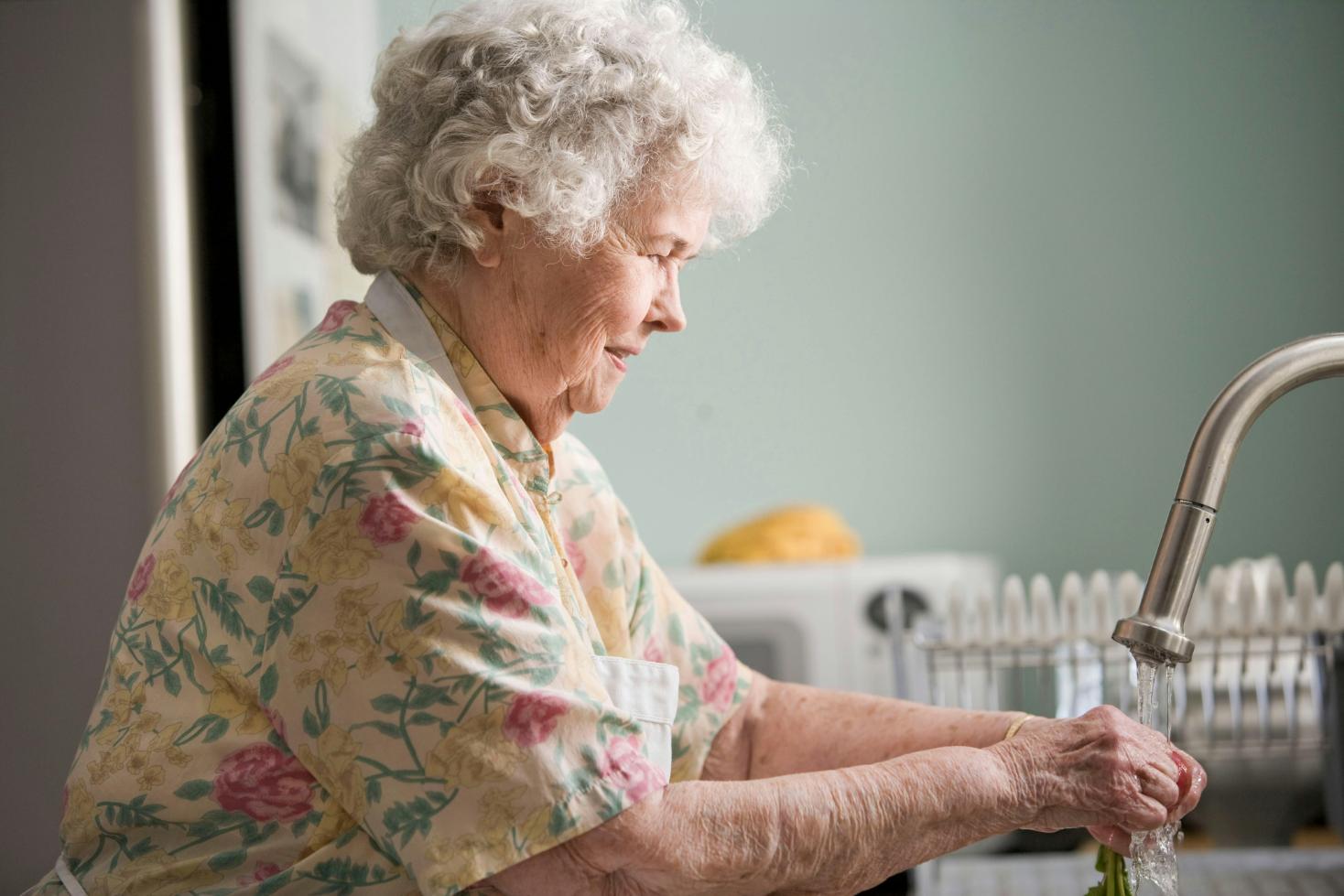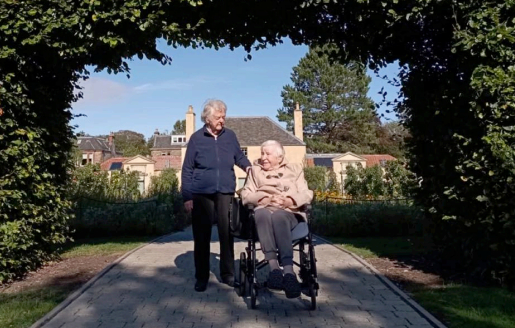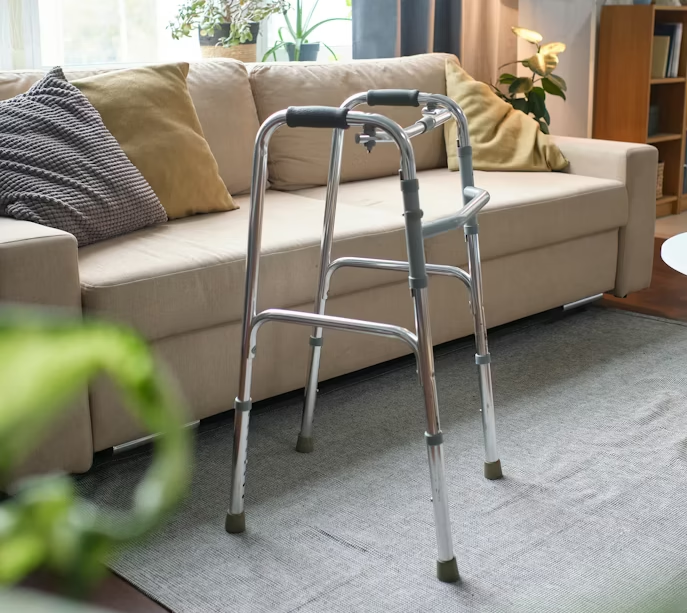What is Respite Care?

Caring for a loved one can be both rewarding and demanding, both physically and emotionally. Family caregivers dedicate time and energy to ensuring the well-being of elderly or disabled relatives, but sometimes, they need a break. Respite care provides temporary, short-term relief to primary caregivers, allowing them time to rest, attend to personal matters, or take a vacation, knowing their loved one is in safe hands.
Respite care can take place in a variety of settings, including care homes, assisted living facilities, or even in the individual's home. Whether it's for a few hours, a few days, or a few weeks, respite care ensures that the person receiving care continues to receive high-quality assistance in a supportive and professional environment.

Types of Respite Care
Respite care can be tailored to meet the specific needs of the individual and their caregiver. Some common types include:
- In-home Respite Care: A professional caregiver visits the home to provide care, allowing the primary caregiver to step away for a short period.
- Residential Respite Care: The individual stays in a care home or assisted living facility for a short period of time, benefiting from professional support in a structured environment.
- Emergency Respite Care: In cases where a caregiver faces an unexpected situation, such as illness or a family emergency, emergency respite care offers immediate support.
- Day Care Centres: Some facilities offer day programs where individuals can engage in social and recreational activities while receiving necessary care.
The Benefits of Respite Care
For Caregivers:
- Reduces Stress and Burnout
Constant caregiving can be overwhelming. Taking a break allows caregivers to recharge mentally, emotionally, and physically, helping them to avoid burnout.
- Improves Health and Well-Being
Caregivers often neglect their own health while focusing on their loved one. Respite care allows them to schedule doctors appointments, exercise, and focus on their well-being.
- Enhances Work-Life Balance
Many caregivers juggle work responsibilities with caregiving. Respite care provides flexibility, enabling them to maintain their professional and personal lives.
- Provides Peace of Mind
Knowing that their loved one is in a safe and supportive environment allows caregivers to relax without worrying about their care responsibilities.

For Care Recipients:
- Opportunity for Socialisation
Staying in a care home for a short period allows individuals to interact with others, participate in activities, and build social connections, reducing loneliness.
- Access to Professional Care
Respite care ensures that individuals receive expert attention tailored to their specific health and mobility needs.
- Introduction to Long-Term Care Options
Short stays in care homes allow individuals to experience professional care settings, making transitions to long-term care easier if needed in the future.
Challenges of Respite Care
While respite care has many benefits, there are some challenges to consider:
Adjusting to a New Environment
Care recipients may feel anxious or uncomfortable staying in an unfamiliar place . It can take time for them to adapt.
Finding Suitable Care
Not all respite care providers offer the same level of service. It is essential to research and choose a reputable care home with trained professionals.
Cost Considerations
Respite care can be expensive, especially if used frequently. However, there may be funding options or government support available to help cover costs.
Emotional Impact on Caregivers
Some caregivers feel guilty about taking a break. However, it is essential to recognise that rest is necessary for providing the best care possible.
Who Can Benefit from Respite Care?
Respite care is beneficial for individuals with:
- Dementia or Alzheimer's disease
- Physical disabilities or mobility issues
- Chronic illnesses requiring ongoing care
- Post-surgery recovery needs
- Mental health conditions requiring supervision and support
How to Arrange Respite Care
Assess your needs: Determine how much time you need for respite care and whether in-home or residential care is the best option.
Research Respite Care Providers: Look for care homes or agencies with trained staff, good reviews, and a warm, welcoming environment.
Visit the Facility: If considering residential respite care, visiting the home beforehand can provide insight into the level of care and comfort available.
Discuss with Healthcare Professionals: Doctors, social workers, and support groups can provide recommendations and help guide you in selecting appropriate respite care options
Plan the Transition: Preparing the care recipient in advance and involving them in the decision-making process can ease anxiety and create a smoother transition.

Funding and Financial Assistance for Respite Care
Respite care can be covered through various funding options, including:
- Local Authority Support: Some individuals may qualify for government-assisted respite care.
- Charities and Grants: Organisations such as Age UK and the Alzheimer's Society offer financial assistance for respite care.
- Private Funding and Insurance: Some health insurance plans cover respite care at part of long-term care benefits.
Why Choose Trinity House Care Home for Respite Care?
At Trinity House Care Home, we understand the importance of quality respite care. Our dedicated team provides compassionate, professional support in a warm and welcoming environment. Whether you need a short break or extended support, we ensure that your loved one receives the best possible care, giving you peace of mind.
Our Services Include:
- 24/7 professional care and supervision
- Comfortable, well-equipped rooms
- Engaging social and recreational activities
- Nutritious meals tailored to dietary needs
- Personalised care plans to meet individual needs
Additional Considerations for Respite Care
Choosing the right respite care provider involves careful considerations of the individuals medical needs, personal preferences, and level of required assistance. Families should look for providers who offer a holistic approach, including emotional and social support, to ensure their loved one feels at ease during their stay.
It is also helpful to maintain open communication with respite care staff. Providing detailed information about routines, medications, and preferences can make the experience more comfortable for the care recipient. Regular updates from caregivers can help reassure family member that their loved one is well cared for.
Respite Care in Edinburgh
Respite care is a valuable service that benefits both caregivers and care recipients. By providing temporary relief, it ensures that caregivers can continue their important role without experiencing burnout. Meanwhile, care recipients receive professional attention in a comfortable and safe environment.
If you or your loved one are considering respite care, Trinity House Care Home is here to help. Contact Us today to learn more about our respite care services and how we can support you on your caregiving journey.





